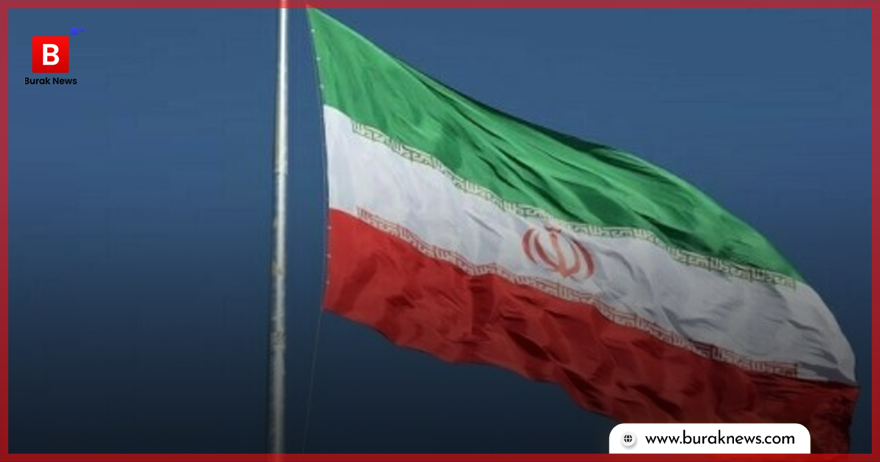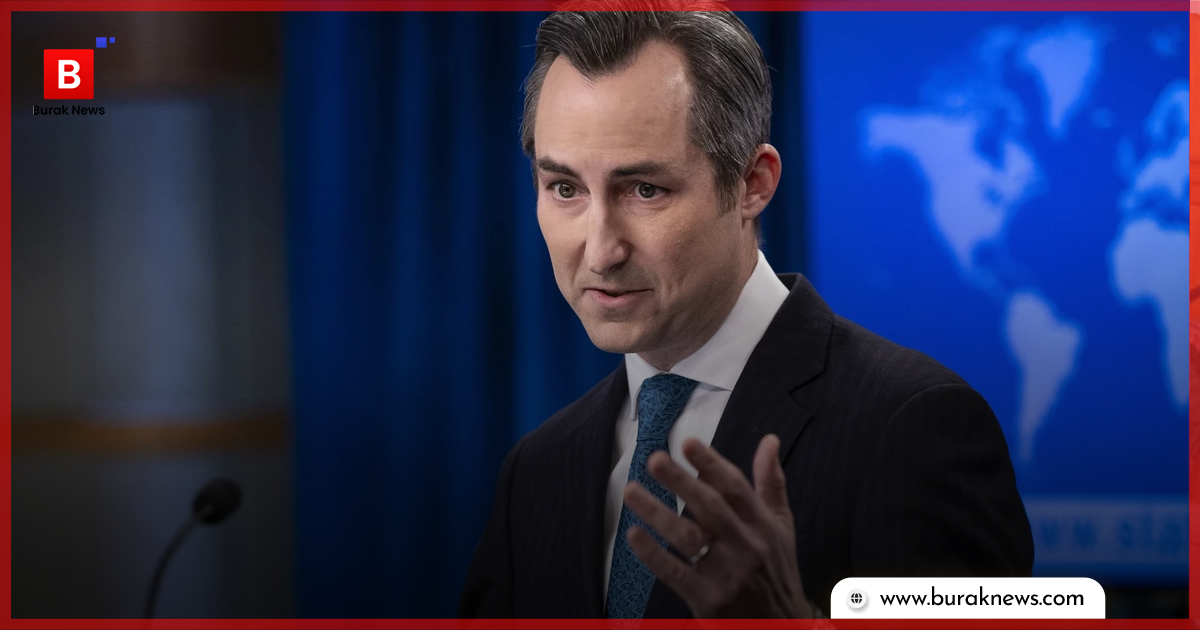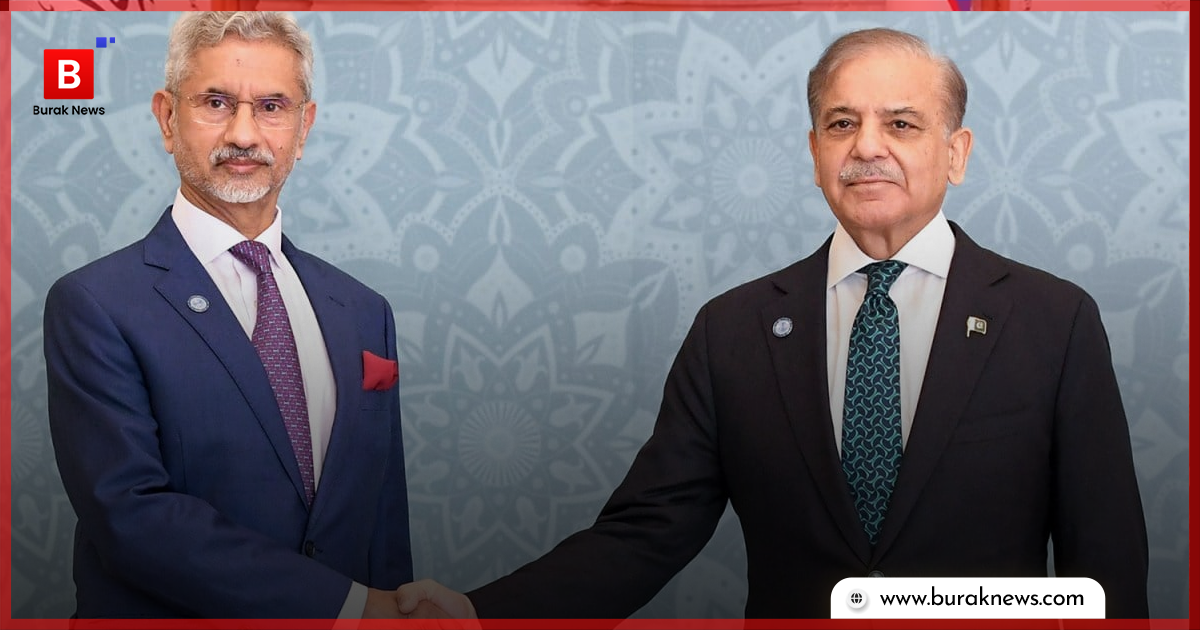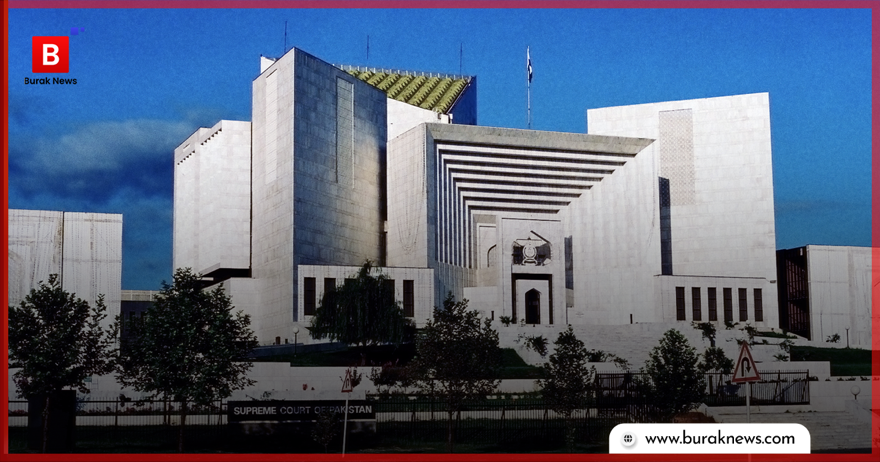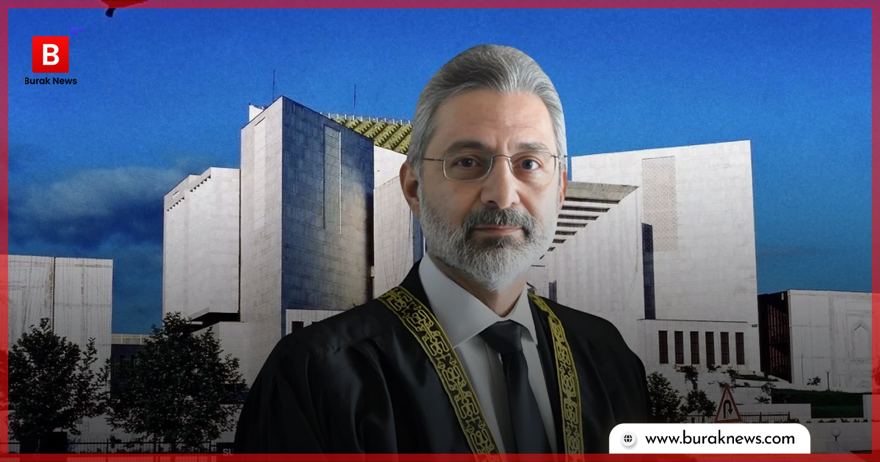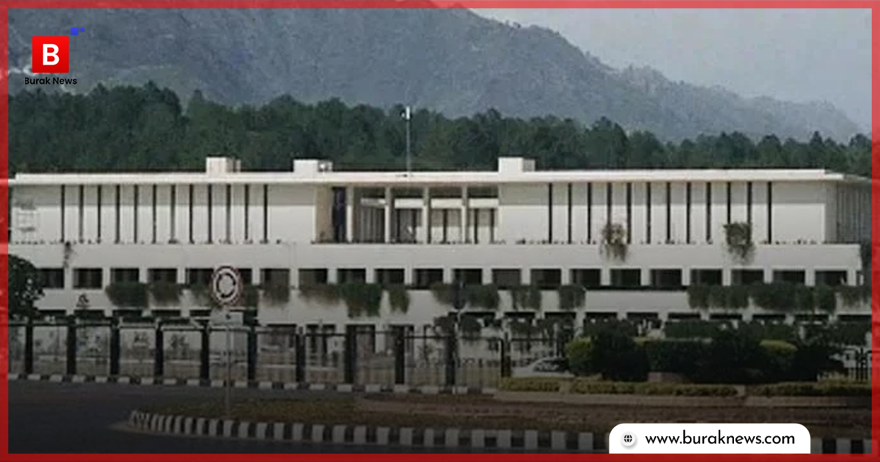Bangladesh’s interim leader Yunus declares no elections before reforms

Bangladesh’s interim leader has declined to specify a timeline for elections following the removal of his autocratic predecessor, stating in an interview published Tuesday that reforms are essential before any elections can occur.
Nobel Peace Prize laureate Muhammad Yunus has taken on the role of “chief advisor” after a student-led uprising ousted former Prime Minister Sheikh Hasina in August.
At 84, the micro-finance pioneer is leading a temporary Bangladesh’s government to address what he describes as the “extremely tough” task of reinstating democratic institutions.
“None of us aim to remain in power for an extended period,” Yunus said about his caretaker government during an interview with Prothom Alo newspaper.
“Reforms are crucial,” he emphasized. “If you ask us to hold elections, we are ready, but it would be a mistake to prioritize elections before implementing necessary reforms.”
Hasina’s 15-year tenure was marked by extensive human rights violations, including the mass detention and extrajudicial killings of political adversaries. A preliminary United Nations report estimated that over 600 individuals were killed in the weeks leading up to her removal, indicating that this figure might be an underestimate.
Her administration faced accusations of politicizing the judiciary and civil service and orchestrating unfair elections to erode democratic safeguards.
Yunus stated that he inherited a “completely broken down” public administration system requiring comprehensive reforms to avert a return to autocratic rule. “Reforms signify that we will not permit a repeat of past mistakes,” he asserted.
Regarding the many politicians, senior police officials, and other loyalists of Hasina who have been arrested on murder charges following her government’s ousting, Yunus dismissed concerns that his caretaker administration might conduct biased trials of prominent figures from Hasina’s regime.
He clarified that he intends for any criminal trials of the arrested individuals to remain independent of government influence. “Once the judicial system is reformed, then we can address the questions of who will be tried and how justice will be served,” he explained.
Since Hasina’s downfall, at least 25 journalists, deemed by her opponents as supporters of her administration, have been arrested for allegedly inciting violence against protesters. The press watchdog Reporters Without Borders has denounced these arrests as “systematic judicial harassment.”
However, Yunus asserted his commitment to media freedom. “Write as you wish,” he told the newspaper. “Criticize us. Unless you report, how will we know what is happening or what is not?”
